With summer soon upon us, I’m piling up a selection of intriguing books to read during the quieter weeks ahead, and I am delighted to share my 2024 summer reading list.
The recommendations come almost entirely from Belmont Day community members, my Mom, my spouse, and close friends, who consistently inform and fuel my love of reading. The titles are my best attempt to look at different types of books across genres, intended to align with the escape of summer and the professional development that comes with a break from the demands of the school year.
There are thirteen books—one for each week between Memorial Day and Labor Day. If you are wondering—yes, I try to read my entire list each summer. And, no, I haven’t yet succeeded.
While I may only get through some of them, the effort is valiant, and the reading is always entertaining, thought-provoking, and important. Perhaps this will be the year?! There’s only one way to find out—let’s get started. Enjoy your summer reading, everyone!
James, Percival Everett
A novel receiving significant acclaim, James is the story of Mark Twain’s The Adventures of Huckleberry Finn, told through the eyes of Jim, Huck’s traveling companion. The book is a Pulitzer Prize finalist described as both thrilling and soulful. The English major in me has this high in the stack, so I can get to it quickly. Twain’s novel helped shape my love of literature, and I have little doubt that Percival’s will reinforce it.
World More Beautiful: The Life and Art of Barbara Cooney, Angela Burke Kunkel & Becca Stadtlander
Each year, I have the privilege of reading Miss Rumphius by Barbara Cooney to my kindergarten friends as a mystery reader. I have written about why Miss Rumphius is such a special book to me in the Scoop. I can’t wait to read the biography of Miss Rumphius’ creator, Barbara Cooney, written in her style and accompanied by similarly beautiful illustrations—just one more way to make the world a more beautiful place.
North Woods, Daniel Mason
As someone who loves the history of Belmont Day, the 1933 farmhouse on top of the hill, and how the land on which our school sits has changed over the past decade, North Woods feels like an appropriate addition to the list. It is the fictional story of a single plot of land in New England and the people who have lived upon it, claimed ownership of it, and transformed it over centuries. What would a book about this hill and 55 Day School Lane include within its pages?
The Anxious Generation, Jonathan Haidt
The most hyped book on my summer reading list is Haidt’s The Anxious Generation. It is at the top of the stack for me, and many parents have told me it is on their list as well. For a school that prides itself on a deep and intentional focus on the social-emotional health of our students, having eyes on the potential impact of their expansive digital experience will be important.
Snowglobe, Soyoung Park
What would summer be without some YA dystopian fiction? Snowglobe, written by Korean author Soyoung Park and translated by Joungmin Lee Comfort, appears to be equal parts Truman Show and Hunger Games. What happens when we aspire to be the people we see on television, and how far will we go to get out of the cold? Snowglobe, I suspect, will provide a chilling answer to those questions.
Design for Belonging, Sarah Wise
At the intersection of innovation and belonging, this book from the Stanford d.school is a handbook for building inclusion and collaboration into a community’s aspiration for excellence. Wise’s book outlines a clear definition of belonging, how to see it, create an atmosphere for it, design for it, and shape it within a community. Wise’s book seems like a perfect fit for a summer read at a school that strives to foster intellectual curiosity and honor differences.
One in the Chamber, Robin Peguero
Call this one my guilty pleasure read of the summer. I am a sucker for a good murder mystery, and this one looks riveting. I read Peguero’s With Prejudice—in fact, Peguero was featured in this column a few years ago—and I appreciate his ability as a storyteller with a background in the law. I can’t wait to read this new courthouse installment.
Birdgirl: Looking to the Skies in Search of a Better Future, Mya-Rose Craig
Consider it the Haikubox Effect. Ever since Amy Sprung and Annie Fuerst installed a Haikubox, a digital receiver and identifier of birdcalls, behind the Barn, they have identified thousands of birdcalls, employed the data across multiple disciplines in the lower school, and I have become fascinated with birds. So, a memoir dedicated to birdwatching, family mental health, social justice, and improving the environment? Sign me up.
How to Build a Boat, Elaine Feeney
A Booker Award finalist in 2023, this book intrigues me for any number of reasons: the author is Irish (and for those who don’t know, I lived in Ireland for a year and engaged in a literary tour of the country while I was there); the protagonist is thirteen years old; the setting is a new school environment; and the child is an innovator who links his understanding of the world to project-based learning (in his case, an effort to create a perpetual motion machine).
The Death of Expertise, Tom Nichols
I see this as a partner text to The Anxious Generation. Nichols investigates how access to more information than we could ever need through the Internet and smartphones has torn at the fabric of our interpersonal connections and the value of expertise in a given domain. Call it the “Thanks for the help, Doc, but I’ve already checked WebMD, and I’m good.” read of the summer.
The Dictionary of Obscure Sorrows, John Koenig
A gift from Anne Armstrong, this dictionary puts language to a collection of feelings that, until now, had no words to describe them. I can thank my mother for my love of words and idioms, and Koenig’s novel contains a collection of words I should know or words I may have known for a long time already. The book opens with this quote from comedian Steven Wright: “I read the dictionary. I thought it was a poem about everything.” It seems Koenig has written the poem itself.
Chain-Gang All-Stars, Nana Kwame Adjei-Brenyah
Courtesy of Sasha Ebrahimi P ’22, Chain-Gang All-Stars offers a dystopian version of the not-so-distant future that doesn’t require too significant a jump to imagine. Thankfully, it remains fiction for now, but I suspect it will be no less horrifying nor less enjoyable to read than some of my dystopian favorites of the past (1984, The Hunger Games, or The Giver). We shall see, and thanks, Sasha!
Mrs. Frisby and the Rats of NIMH, Robert O’Brien
Mrs. Frisby and the Rats of NIMH is a favorite from my childhood and was a favorite to read to my children. As it happens, Mrs. Frisby was first published in 1974, the year I was born. I was given a copy to celebrate my 50th birthday, so I now have a perfect excuse to give it another read this summer.




